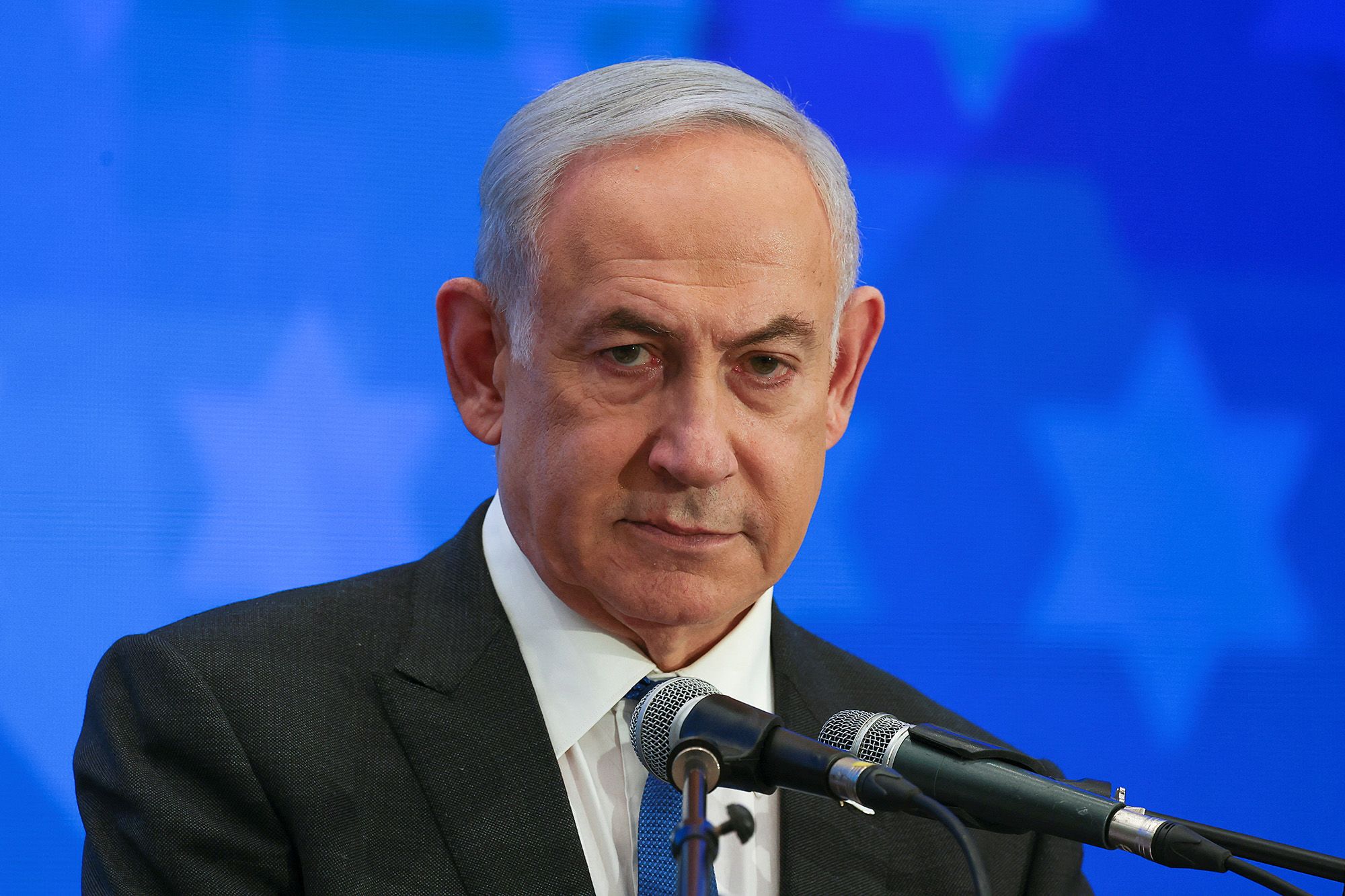Bansri Shah, Pune
Israeli Prime Minister, Benjamin Netanyahu, laid out his plan for post-war Gaza in a two-page document to his security cabinet for approval on Thursday.
Netanyahu’s plan entails the demilitarization of Gaza. The strategy underscores Israel’s determination to put a stop to Hamas’s rule in Gaza. He rejected the idea of a separate nation of Palestine. Instead, his plan stated that Israel would have indefinite control of the security of Gaza even after the war ends. Moreover, Palestinians that have no links to hostile terrorist organisations would run the territory. Netanyahu suggested that to stop smuggling efforts, like at the Rafah border, Israel should work with Egypt and the United States by maintaining a presence on the Gaza-Egypt border.
Disputes regarding Gaza’s future have sparked growing tension between Israel and its closest ally, the United States. The Biden administration aims for eventual Palestinian control in Gaza and the Israeli-held West Bank as a step toward Palestinian statehood, a stance strongly opposed by Mr. Netanyahu and his right-wing government. The United States wants Gaza to be given over to the West Bank-based Palestinian Authority (PA). Netanyahu’s proposal, however, involves selecting Palestinians to oversee governance in Gaza.
The Palestinian Authority has claimed that the plan given by Netanyahu is, “colonist and racist,” since it would mean Israeli reoccupation of Gaza.
However, ceasefire efforts have been gaining momentum as a new proposal is expected to be presented at a meeting of the mediators that is to take place in Paris over the weekend. Egypt, Qatar and the United States have been struggling to find a way to stop Israel’s attack on Gaza and now face a deadline of figure out a solution before the holy month of the Muslims, Ramadan, begins. A senior Egyptian official who did not wish to be named told The Hindu that Egypt and Qatar would work with Hamas leaders to get a six-week ceasefire so that hostages could be released from both the sides; they would be able to work on further details after the ceasefire begins.
While Netanyahu’s plan holds opposition, it is the first time he has presented a vision for what would happen after the war is over. It is also unclear if his proposal will be accepted by the Palestinians since the plan to establish Palestinian authorities has failed several times before, as well.
